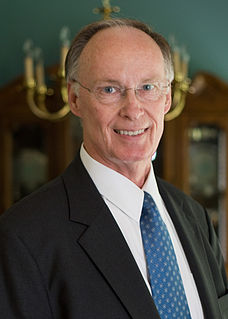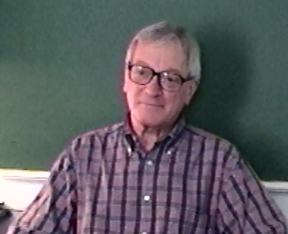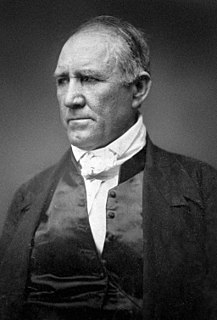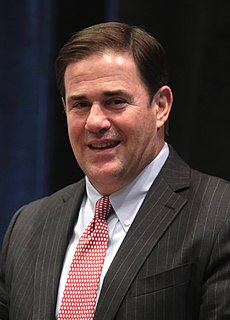A Quote by Robert J. Bentley
I was opposed to the government telling me how to practice medicine when I was a doctor.
Related Quotes
The Country Doctor Revisited is a fine achievement. Purporting to be an overview of the practice of medicine in rural areas, it is a splendid portrait of the practice of medicine everywhere. The special conditions that prevail in the countryside as opposed to the cities are examined, and each of these is illustrated by a case history that is as compelling as it is informative. It is presented in a highly readable form that would be accessible to the general public as well as to the deliverers of health care. I recommend it most highly.
The doctor begins to lose freedoms; it's like telling a lie, and one leads to another. First you decide that the doctor can have so many patients. They are equally divided among the various doctors by the government. But then the doctors aren't equally divided geographically, so a doctor decides he wants to practice in one town and the government has to say to him you can't live in that town, they already have enough doctors. You have to go someplace else. And from here it is only a short step to dictating where he will go.
A beautiful literary collection that tells of today's country doctor, somewhat removed from our romantic black-bag image of days gone by, but still fulfilling an essential need in caring for spread-out populations. At times, with today's advances in technology, medicine in rural America looks very like it does in America's cities, but the variety of practices is enormous. The Country Doctor Revisited captures the trials and tribulations of medicine, but also the satisfaction and the extraordinary rewards that come to those who embrace such a practice.
I have ever been opposed to banks, - opposed to internal improvements by the general government, - opposed to distribution of public lands among the states, - opposed to taking the power from the hands of the people, - opposed to special monopolies, - opposed to a protective tariff, - opposed to a latitudinal construction of the constitution, - opposed to slavery agitation and disunion. This is my democracy. Point to a single act of my public career not in keeping with these principles.
In the field of medicine, if you're sick you need a doctor. A doctor has already studied how to deal with your ailments, and human beings are imperfect. There any many ailments of the psyche and the soul that need to be treated, and the serious murshid, or spiritual master, is also really a doctor of the soul: a person who can heal the wounds of the soul in the same way as a medical doctor takes care of our physical problems.
I think energy medicine is a field that is probably for me the most authentic level of medicine that there is, because it takes into account what I would call 'square one of creation'. Which is where energy meets the process of incarnating. So I think it is very much going to become the dominant practice of medicine in this next millennium. We have no other place to go but there.
































